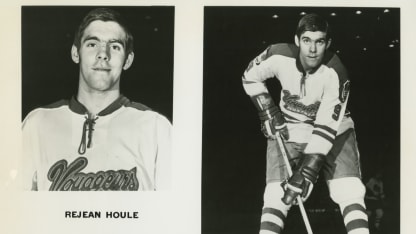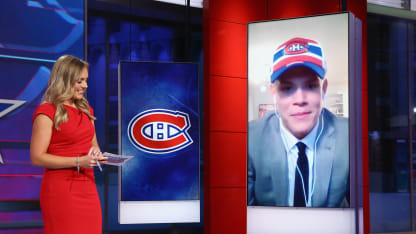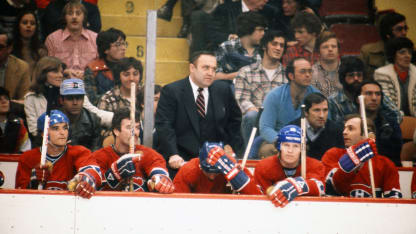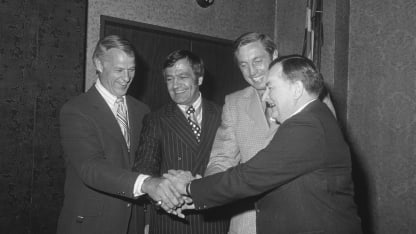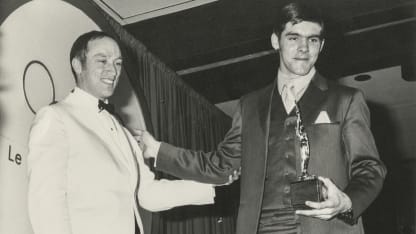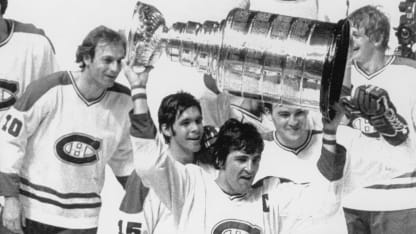Not only did the Draft format evolve, but so did the money players received upon being drafted.
Today, a player can earn up to $3,750,000 in their first year if they hit certain benchmarks, including a $925,000 salary and a $92,500 signing bonus.
Comparatively, Bobby Orr, one of the best players in the history of the game, earned just $35,000 in 1968.
It comes as no surprise that Houle's contract paled in comparison to today's multi-million dollar deals.
"If I recall correctly, I received a $15,000 signing bonus," said Houle. "My first year as a professional, I received $7,500. The following year I earned $15,000. We didn't have much of a choice in that era."
The bonus itself was a relatively healthy amount, which enabled Houle to help his father buy a home.
Houle would go on to win five Stanley Cups with the Canadiens, and even spent some time with the Quebec Nordiques of the now-defunct World Hockey Association. He eventually ascended to the position of General Manager of the Canadiens, giving him the type of insight and experience necessary to provide some words of wisdom to whomever the team will select first overall at the upcoming Draft.
